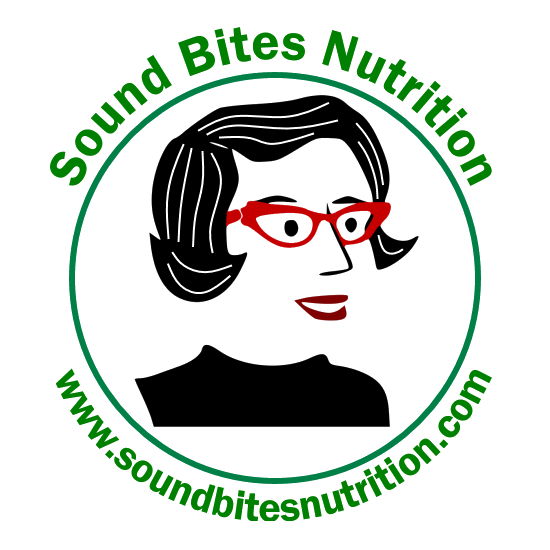May is Mental Health Awareness Month
May is mental health awareness month, but with the rate of anxiety and depression at an all-time high, we should be prioritizing this important health topic year-round. According to the CDC, over 27% of Americans have anxiety. Many go undiagnosed.
While solid relationships, self-esteem, and socialization are important to strong mental health, these are often impacted by excessive use of social media, isolation, and poor lifestyle choices. A review of studies in Cureus finds that use of social media can aggravate mental health disorders.
“Comfort” Choices
Alcohol and tobacco may be used and abused in times of stress. Teenagers also use vaping or other drugs to escape stressful situations or to simply fit in. Sadly, these may only increase anxiety and depression.
Craving comfort foods like chocolate or fast food is also common when we’re feeling stressed or sad. Like alcohol and drugs, these foods often exacerbate these conditions. A recent Italian study found a relationship between the consumption of ultra-processed foods and symptoms of depression in young adults.
The study used food frequency questionnaires in nearly 600 adults aged 18 to 35 years of age and discovered a positive link between intake of ultra-processed food and symptoms of depression. Results were adjusted for adherence to a Mediterranean diet, which is protective.
MED for your Head
The best diet for mental health is also the best diet for your heart. A Mediterranean diet is plant-focused with less red and processed meat, refined sugar, alcohol and ultra-processed foods like chips, soft drinks, fast food, and snack foods.
A Mediterranean diet is NOT necessarily vegetarian or vegan but does encourage more plant-based proteins such as beans, lentils, nuts, and seeds. It also suggests adding more fruits, vegetables, and whole grains to meals.
These foods provide plenty of fiber for a healthy gut microbiome and blood sugar management. There’s a strong connection between our guts and brain health called the gut-brain axis. Let’s face it- if your bowels are irregular or you’re “hangry”, ain’t nobody happy!
Below are my top 10 diet tips for better mental health:
Don’t skip breakfast. Your brain is on empty when you wake up. Fuel your brain and body with something high in fiber (fresh fruit, rolled oats, whole grain toast or crackers), and some type of protein (eggs, Greek yogurt, cottage cheese, protein powder added to oats, nuts or nut butter).
Drink water first. Trust me. I get out of bed for coffee. But most people are on the dehydrated side when they first get up. Go for 16 oz. of water before anything else.
Include fruits or veggies at all meals. These add color, flavor and much needed nutrients to your meals. Toss peppers or mushrooms in eggs and add berries or dried fruit to cereal.
Eat more green leafy vegetables. Leafy greens are a source of folate. One study found that subjects with normal levels of folate and B12 (versus low levels) had lower rates of depression.
Eat more fish. Salmon, tuna, and mackerel are sources of omega-3 fatty acids, a healthy fat linked with a reduction in inflammation. A meta-analysis of studies indicates that higher fish intake is linked with reduced rates of depression.
Eat beans or lentils 3 x per week. Beans contain plenty of dietary fiber, which has been found to reduce the risk of depression. Add them to soup, salad, stew, or side dishes like rice or pasta.
Enjoy walnuts regularly. Walnuts are a plant source of omega-3 fatty acids. A recent study found that nut eaters had lower depression scores than non-nut eaters. The impact was strongest in women. Eat them as a snack or toss them in salads or cereal.
Include yogurt and other fermented dairy foods. A recent meta-analysis of cohort studies indicated that fermented dairy intake was associated with lower rates of depression. The authors believe this is related to the gut-brain axis. Enjoy yogurt for dessert with berries or melon.
Use extra virgin olive oil. It’s not just good for your heart. The use of EVOO was found to reduce symptoms of depression in those dealing with severe depression, but not mild to moderate depression. Use for salad dressing or marinade or drizzle over veggies instead of butter or margarine.
Include protein for B vitamins and to manage appetite. Deficiencies in B vitamins have been linked with depression. Eat eggs (3-4/week), low-fat cottage cheese, Greek yogurt, lean chicken, fish, lean pork or unprocessed red meat. Beans, lentils, nuts, and soy products also provide protein and B vitamins. B12 is ONLY in animal foods and may need to be replaced in vegan diets.
If you or your loved one need help in dealing with depression or anxiety, contact me for nutrition counseling. I promise to provide sound nutrition advice based on science, not fiction!
Lisa
